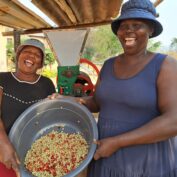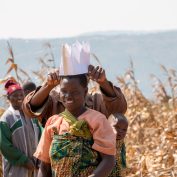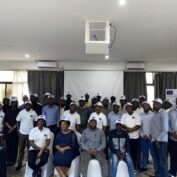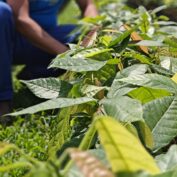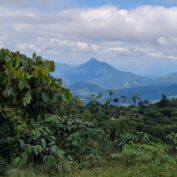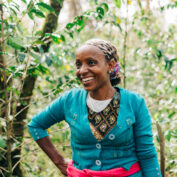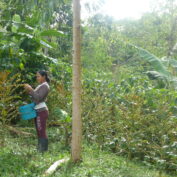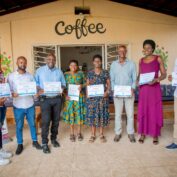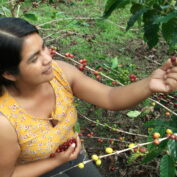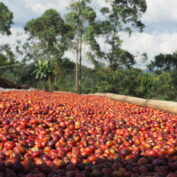A Burden Lifted: How Coffee Pulpers Are Transforming Zimbabwe’s Farming Future
What if coffee farmers in Zimbabwe could process their beans in less time with less effort? Would this increase the quality of their product and, thereby, their income? Thanks to partnerships with TechnoServe and Nespresso, a group of farmers is finding out.



